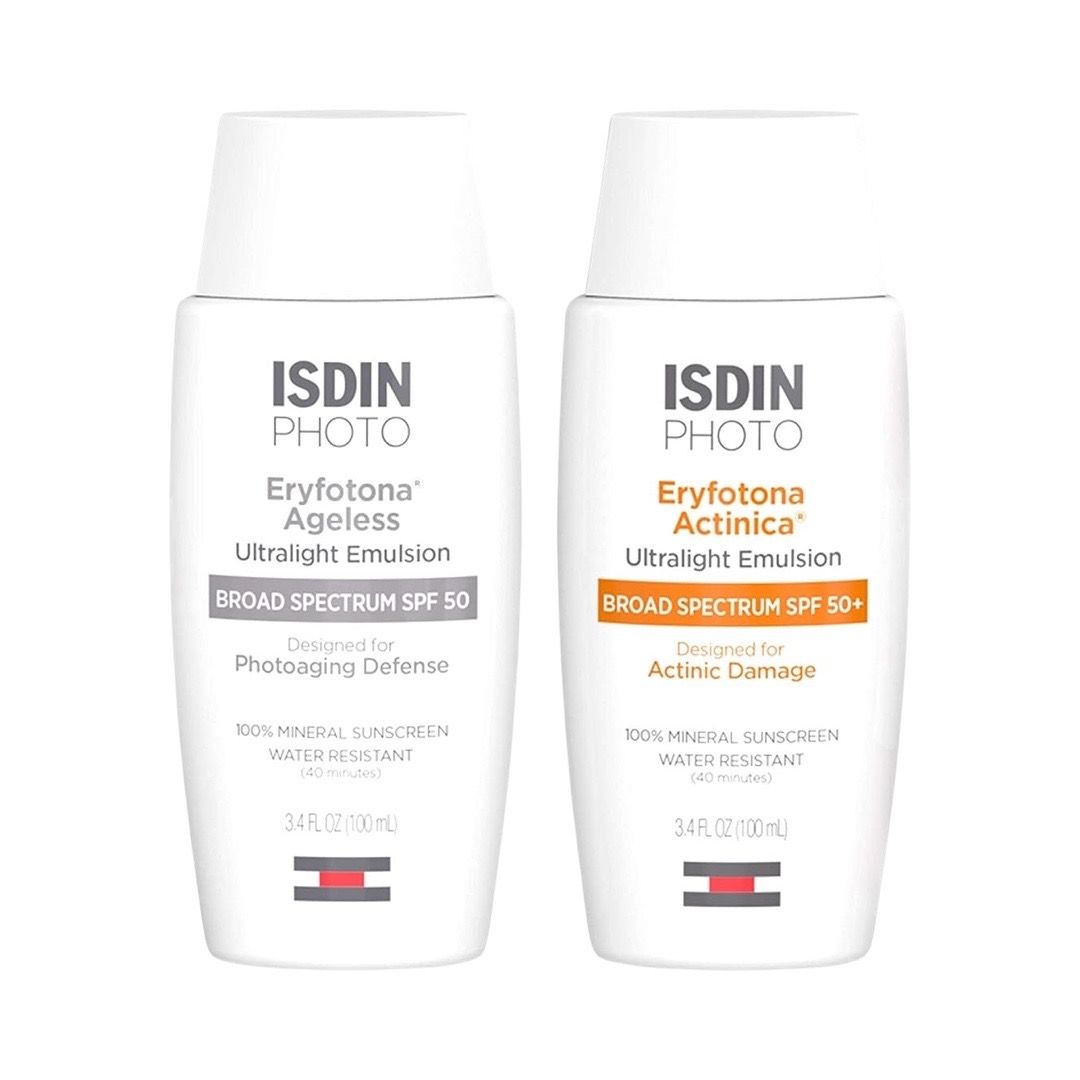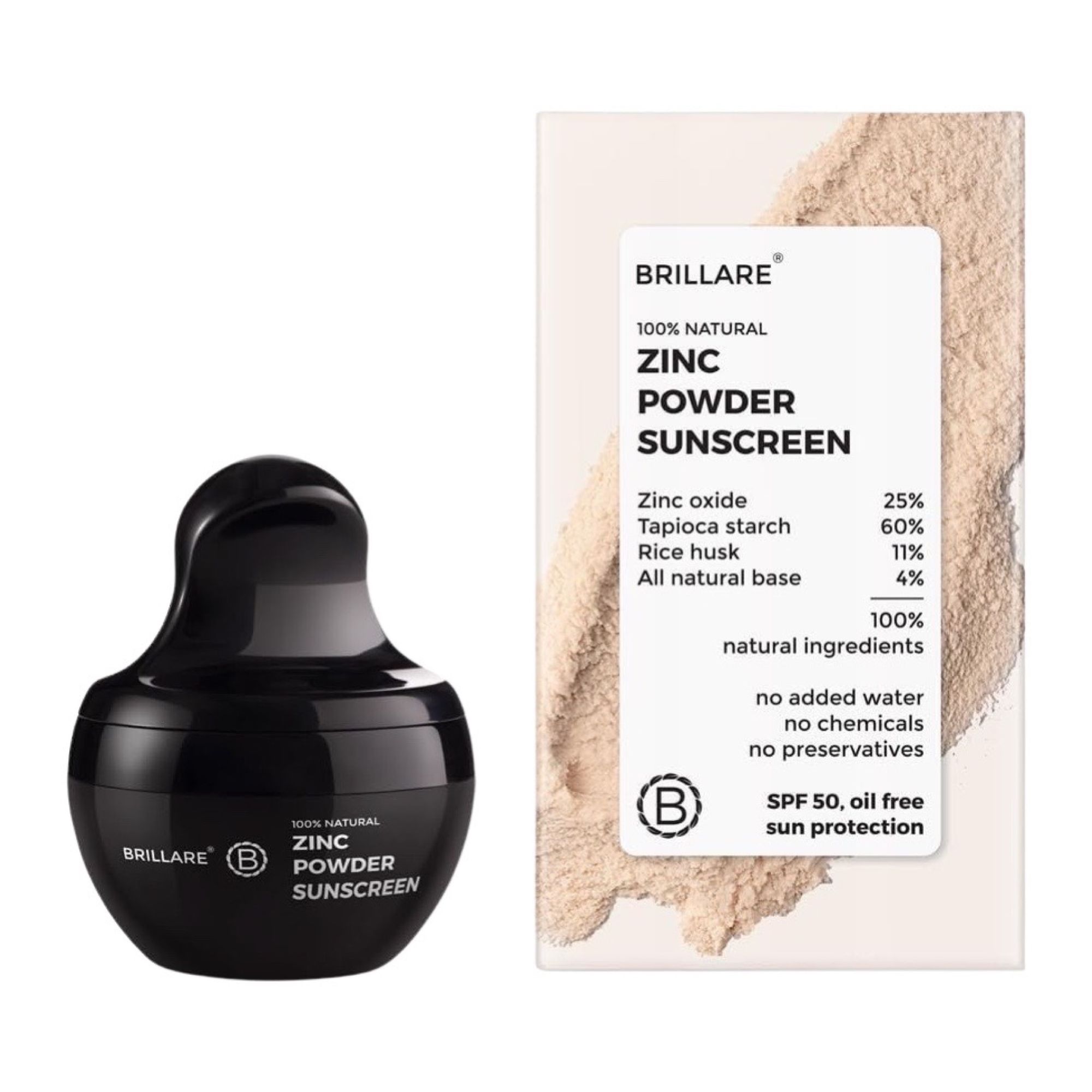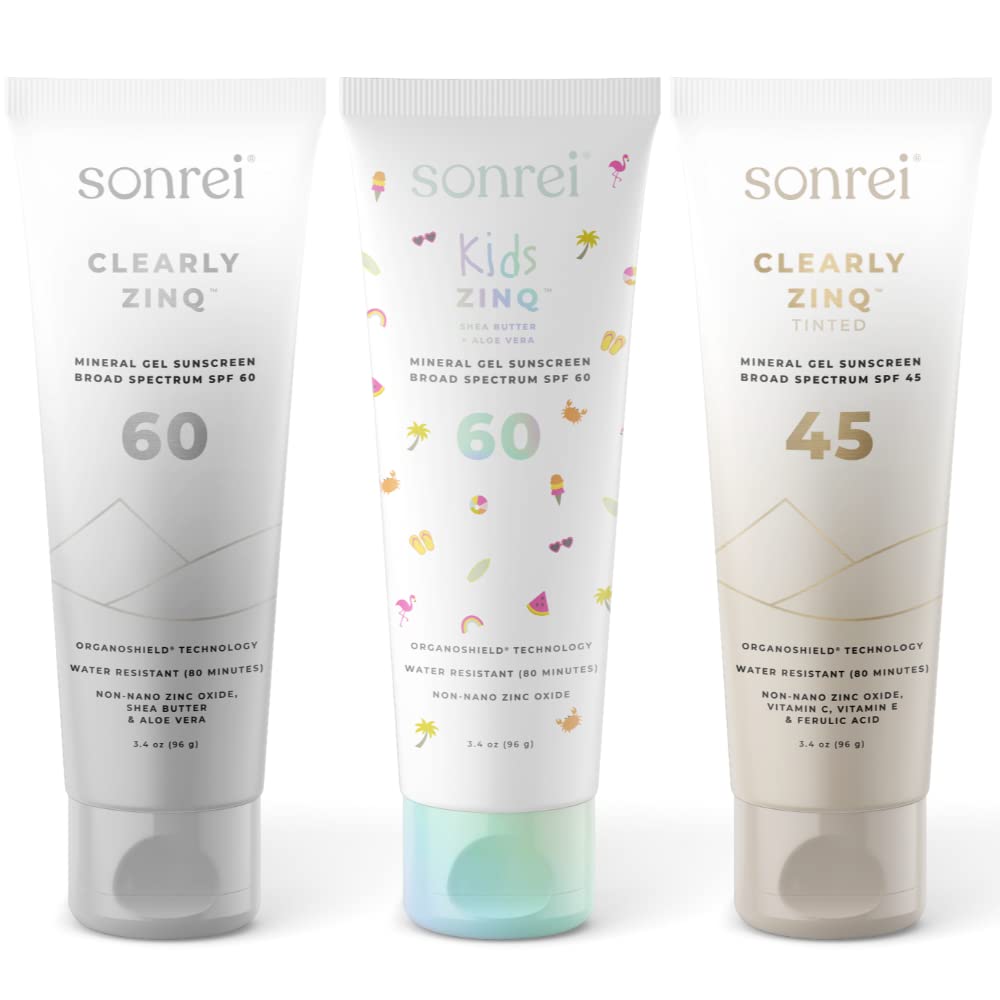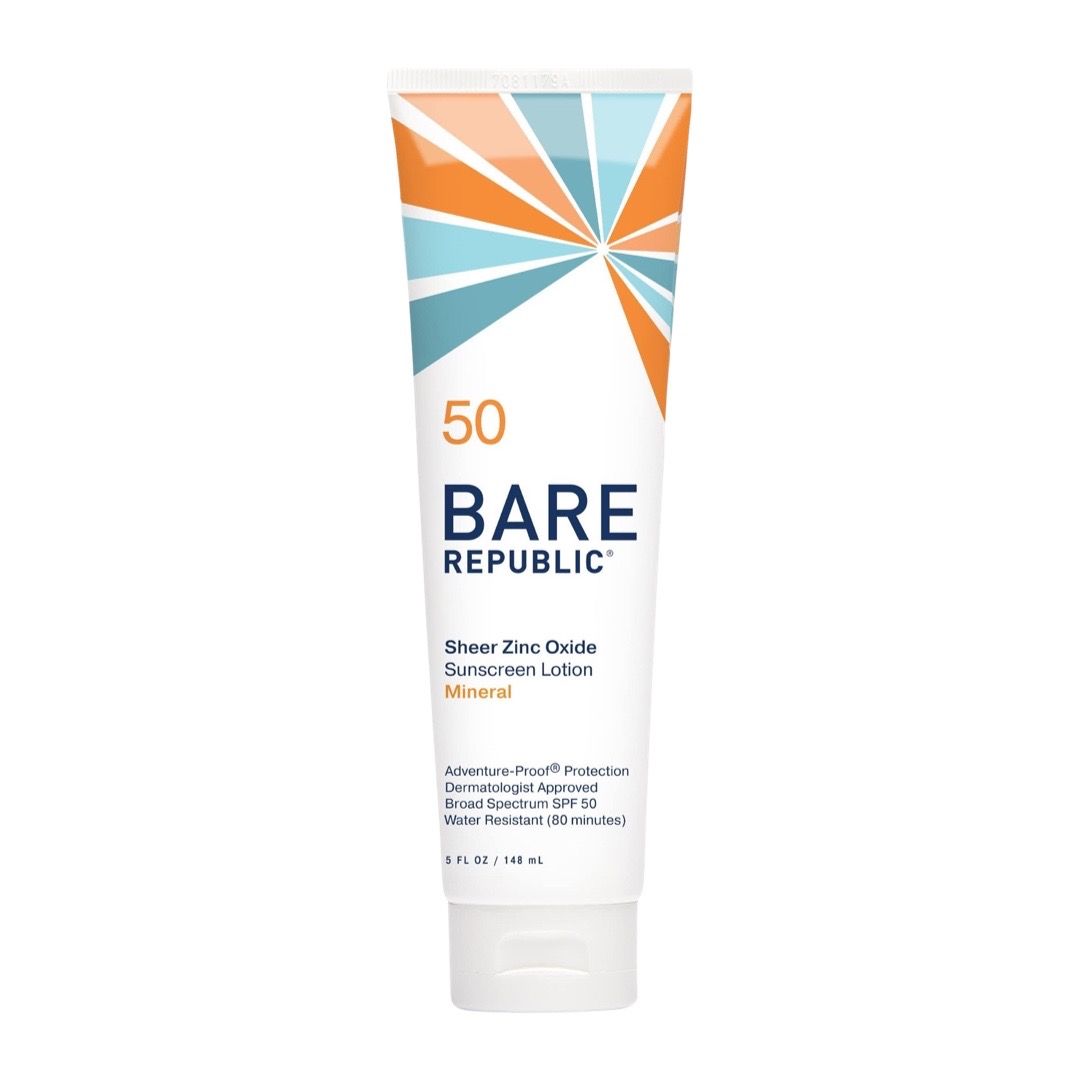In our quest for healthier skin, sunscreen has become an essential part of our daily routine. It shields us from UV rays, protecting against early aging and potential cancer. But with so many options available, how do we choose the right product? Physical vs chemical sunscreen is always an ongoing debate. So, keep reading to delve into the differences between them, explore their mechanisms of action, pros and cons, and address concerns about safety and environmental impact.
The Basics: How Sunscreens Work?
Physical Sunscreens: Shielding Your Skin
Physical sunscreens, also known as mineral sunscreens, create a physical barrier on the surface of the skin. They contain active ingredients like zinc oxide and titanium dioxide, which work by reflecting UV radiation away from the skin. Think of them as a shield that sits atop your skin, preventing the harmful rays from penetrating and causing damage.
Chemical Sunscreens: Absorbing the Rays
Chemical sunscreens contain organic compounds that act as filters by absorbing UV radiation. These compounds, such as oxybenzone, avobenzone, octocrylene, and octinoxate, penetrate the skin and absorb the UV rays. They then convert the absorbed energy into heat, which is released from the body.
Physical vs Chemical Sunscreen: Pros & Cons
The Pros of Physical Sunscreens
- Broad-Spectrum: Shield from UVA & UVB, combatting skin cancer.
- Reactive Skin-Friendly: Lower irritation risk; great for acne-prone skin.
- Instant Protection: Work immediately, unlike chemical sunscreens.
The Cons of Physical Sunscreens
- White Cast: Leave a noticeable residue, especially on darker skin tones.
- Thicker Feel: Tend to be denser, which might feel heavy on oily skin.
- Less Water-Resistant: Require more frequent reapplication.
- Reef-Safe: Unlike chemical sunscreens, they don't harm coral reefs.


The Pros of Chemical Sunscreens
- Lightweight Texture: Blend easily without leaving a white residue.
- Highly Water-Resistant: Offer prolonged protection, ideal for swimming.
- Cosmetically Elegant: Lightweight; ensure a seamless application.
The Cons of Chemical Sunscreens
- Skin Sensitivity: Ingredients, especially oxybenzone, may irritate.
- Environmental Impact: Chemicals like oxybenzone can harm coral reefs.
- Skin Absorption: Research is ongoing about systemic effects.
Things to Weigh Before Making a Choice
- Skin Type and Sensitivities: Physical sunscreens are generally better tolerated by sensitive skin, while chemical sunscreens may be more suitable for those with oily or combination skin.
- Desired Texture: Think about your preferences for the feeling of the sunscreen on your skin. Physical sunscreens tend to have a thicker consistency, while chemical sunscreens are lighter and more fluid.
- Water Resistance: Chemical sunscreens usually offer higher water resistance, making them ideal for activities that involve sweating or swimming.
- Environmental Impact: For eco-conscious sunscreen choices, select reef-friendly options free from damaging ingredients like oxybenzone and octinoxate, which better protect marine life.
Aesthetic Professional: What Would I Choose?
In the endless debate of physical vs. chemical sunscreen, my preference is clear: I favor physical options. While they may occasionally leave a white residue and might not be as water-resistant, their perceived safety outweighs these drawbacks.
Chemical sunscreens, particularly those containing oxybenzone, have raised concerns about potential hormone-disrupting effects in animal studies (though human findings are still being explored) and undeniable harm to coral reefs.
It's essential to clarify that these insights reflect my personal convictions, driven by a sense of safety and eco-awareness. If you resonate with my perspective, scroll down to discover my top product recommendations:
Top Sunscreen Picks, According to the Editor

Step up your sunscreen game with these Spanish gems! One heals sun damage with special DNA Repairsomes, while the other defends against aging using vitamin E. Feels a touch oily at first but settles to a matte finish. Bonus: evens out skin and sits well under makeup.

This isn't your old sunscreen. It's a powder made from zinc. Matte finish, no greasiness! This product offers strong UVA/UVB defense. Perfect for oily, combo, or reactive skin. It is water-resistant, which means you can use it even on active, sweaty days. Fits right in your bag. Reapply anytime, anywhere!

Sonrei's trio offers sunscreens with safe, reef-friendly non-nano zinc oxide. One boasts antioxidants like vitamins C, E, and ferulic acid; another is enriched with a soothing shea-aloe combo, and a clear kids’ formula. All are travel-ready, gentle, non-clogging, and water-resistant.

Clean and clear, that's Bare Republic for me. Their SPF 50 Sport Mineral Sunscreen is a star: super lightweight and easily blends into the skin, leaving it moisturized and shielded. The vanilla-coconut scent is delightful. Perfect for all skin types, it offers lasting protection without any white residue. A bonus? It's planet-friendly!

